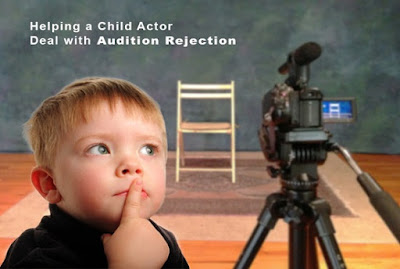 |
| Parents! Are you a good guide to your child actors? |
How to Be the Best Guide for Your Child Actor
9 Great Ways
- Are you the very best parent for a child who wants to perform? Whether your child stars in a movie or a local community theater production, there are things you can help and support their dreams of performing.
- If your child doesn’t have an artist coordinator/ agent or manager, you can help them find opportunities to act on their own (Read this blog carefully). Encourage them to act in parties, school functions, community theater or at religious ceremonies. Find out online sites to register and promote a child's career and give you information on ongoing auditions.
- Since acting opportunities though good, the competition is staggering! You must get them professionally trained either from a good school where they will learn about the craft, forge relationships with other young actors, and begin to network or from a private 'One On One' coach.
- If your child is lucky enough to land a role, there will come a time when it has to end. There will also be dry spells between jobs. Learn how to help your child (and yourself) cope.
- There’s always a letdown when there is a lull and for a long time, it would seem to be over. In this case, the child must return to a “regular” lifestyle. It is important to arm yourself with tools to help them through this process.
- Acting becomes a family business when young performers are involved. From your other children to your marriage to your personal relationships, everyone is affected. A happy and healthy home environment will help your child actor reach their personal best. Of the hundreds of children, teens, and parents I’ve worked with over the years, the kids who thrive are the ones with parents who are great role models.
- When your child is blessed with talent and a desire to act, sing, dance, and entertain, it’s a gift. By taking care of yourself and educating yourself about the entertainment industry while learning from seasoned industry pros, you’ll be a wise and supportive guide for your child.
- Being the parent of a child actor is challenging. But you don’t have to do it alone. Talk to a life coach, therapist, or gather together with other parents who can offer support.
- There will be many teachable moments in your child’s acting career that will help them grow into a remarkable adult.
Remember, It starts with you!
Based on



